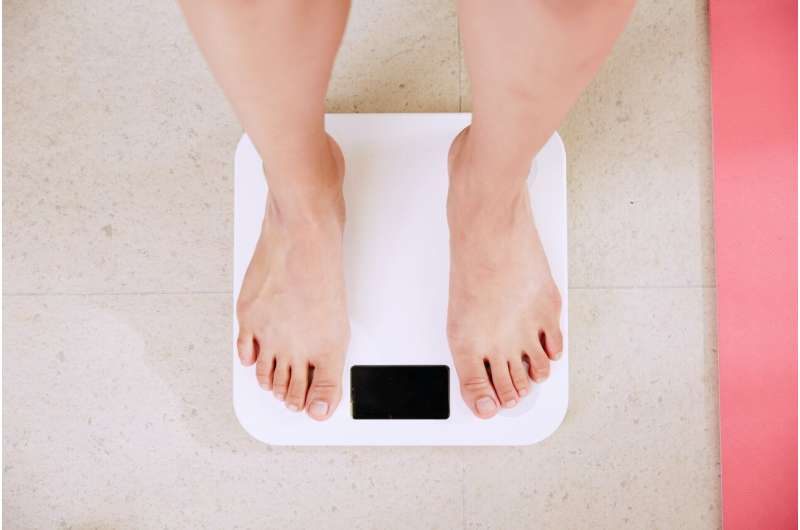Privacy Risks of Menstrual Tracking Apps Highlight Need for Better Data Protection

Menstrual tracking apps collect sensitive personal data, presenting significant privacy and safety risks. Experts call for better regulation and public health alternatives to protect users and ensure data is used ethically.
Menstrual tracking applications, widely used by women worldwide to monitor their cycle and reproductive health, are increasingly scrutinized for their data practices. According to a recent report from the University of Cambridge's Minderoo Center for Technology and Democracy, these apps gather a vast array of sensitive personal information beyond basic cycle data. This includes details about exercise routines, diets, medications, sexual preferences, hormone levels, and contraception use.
The report emphasizes that the financial value of this data is grossly underestimated by users, who often remain unaware of how their intimate details are sold and exploited by profit-driven companies within a largely unregulated industry. The danger is compounded by the potential misuse of this data, which could lead to risks such as employment discrimination, insurance issues, cyberstalking, and even jeopardize access to abortion services.
One of the key concerns outlined is that cycle tracking app data could be misappropriated or used against women in various contexts. For instance, the commercial value of pregnancy-related data is estimated to be over 200 times greater than basic demographic information, making it a highly attractive target for targeted advertising. Advertisers can link data on menstrual cycles to serve specific ads, such as cosmetics during the estrogen or 'mating' phase.
The report advocates for stricter governance of the femtech industry, urging app developers and policymakers to implement transparent consent options and alternatives to profit-driven models. It also calls on public health entities, such as the UK’s NHS, to develop trustworthy menstrual health apps within the healthcare system to safeguard privacy and promote research.
In different regions, the handling of menstrual data varies in protection; in the EU and UK, it is classified as a 'special category' of data with stringent safeguards. However, instances have arisen where such data has been exploited—for example, in the UK, apps have been used to unlawfully charge women for accessing abortion services, and in the US, menstrual data has been targeted by authorities seeking to restrict reproductive rights.
Investigations reveal that even with some improvements, many apps continue to share user data with third parties without meaningful consent, raising substantial privacy concerns. The report recommends features like data deletion options for users and stresses that menstrual data should be considered as medical data with appropriate protections.
Lastly, the report highlights the importance of education and digital literacy, suggesting that schools should inform students about privacy risks related to health apps. Developing publicly operated, transparent apps could help address privacy issues, enhance reproductive health data collection, and empower women with control over their personal information.
Stay Updated with Mia's Feed
Get the latest health & wellness insights delivered straight to your inbox.
Related Articles
Revolutionary Brain-to-Computer 'Electroceuticals' Show Promise in Restoring Cognitive Functions
Emerging research demonstrates how brain-to-computer electroceuticals can improve learning and cognitive flexibility, paving the way for novel therapies for cognitive disorders.
Development of the First Global Guidelines for Managing Pregnancy in Women with Inflammatory Bowel Disease
New global guidelines provide evidence-based recommendations for managing pregnancy in women with inflammatory bowel disease, ensuring better maternal and neonatal outcomes. Learn about the latest consensus on medication safety, preconception care, and postpartum monitoring.
Evaluating Concerns and Challenges in Prescribing Antipsychotics to Children and Youth
A new study reveals rising trends and concerns over inappropriate prescribing and inadequate monitoring of antipsychotics in children and adolescents, highlighting the need for clearer guidelines and better data practices.
New Evidence Supports Use of Weight-Loss Medication for Schizophrenia Patients
A groundbreaking study shows that semaglutide, a diabetic weight-loss drug, is safe and effective for reducing obesity in people with schizophrenia without worsening psychiatric symptoms. This promotes better health outcomes for this high-risk group.



